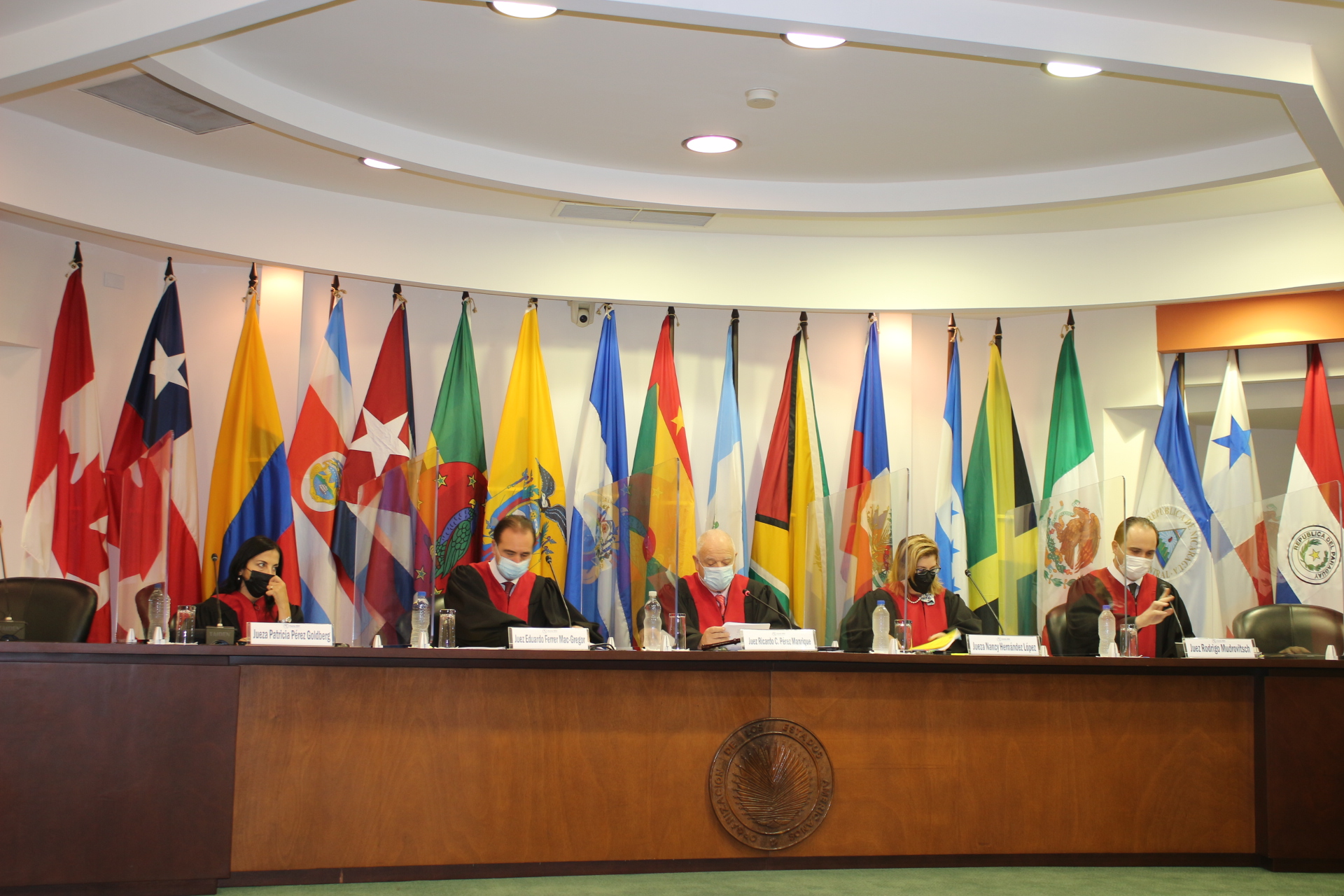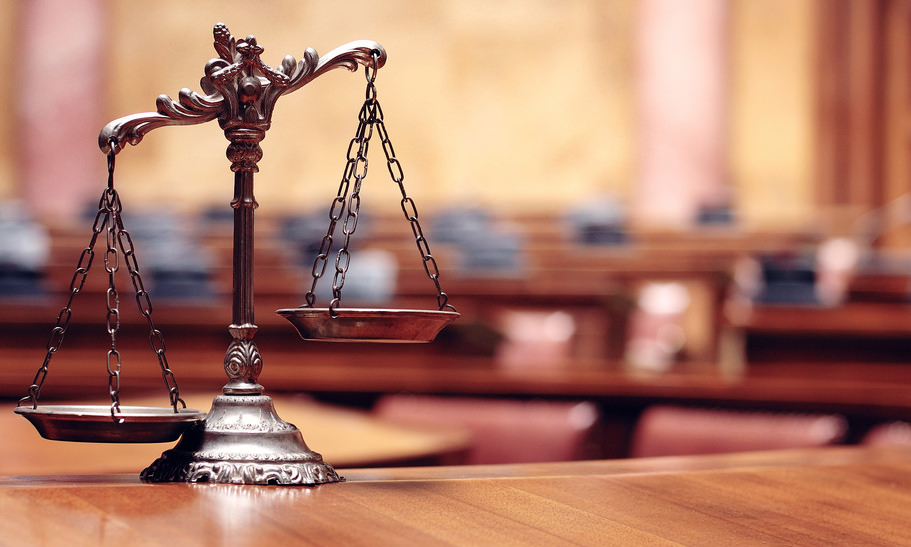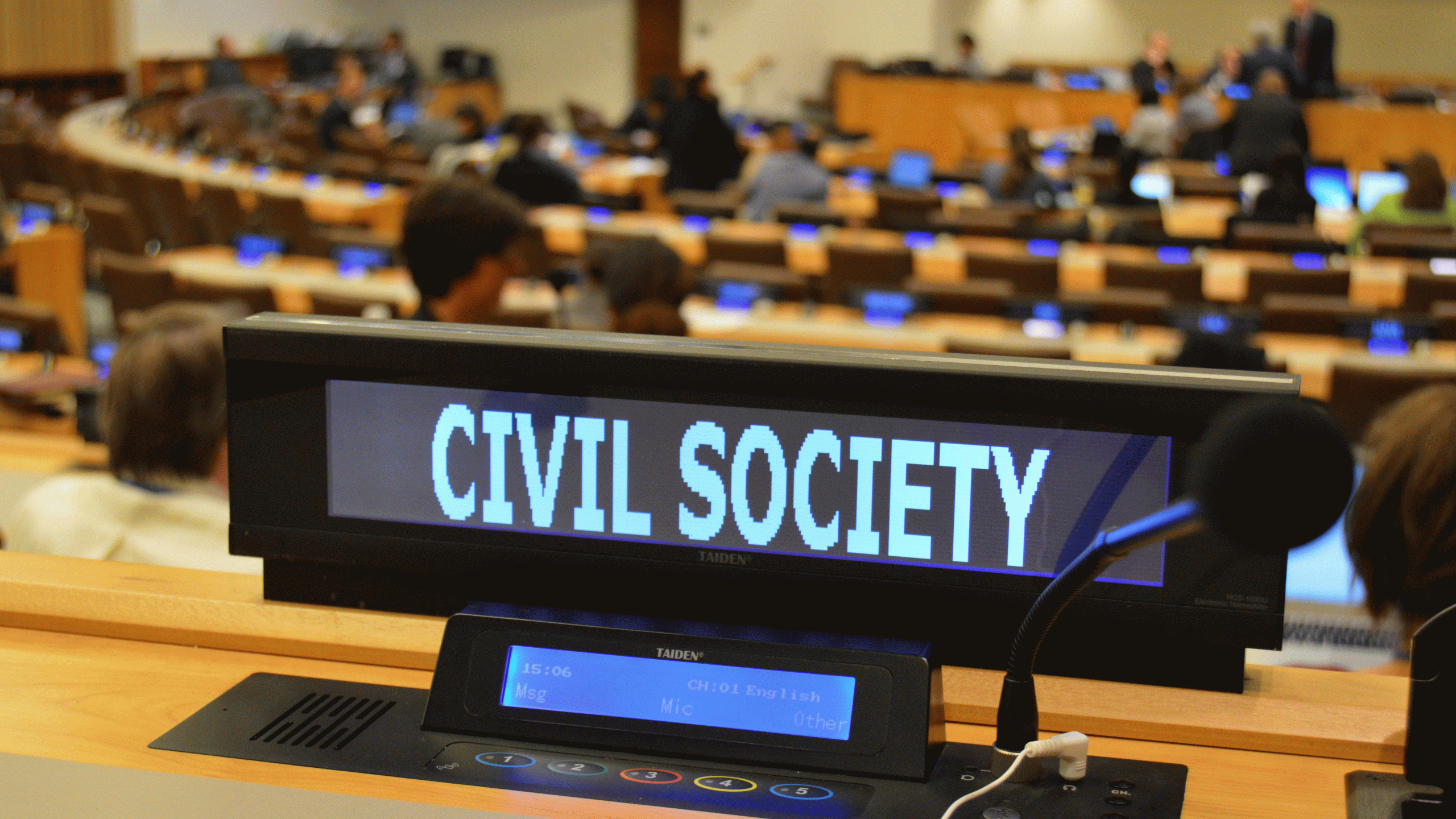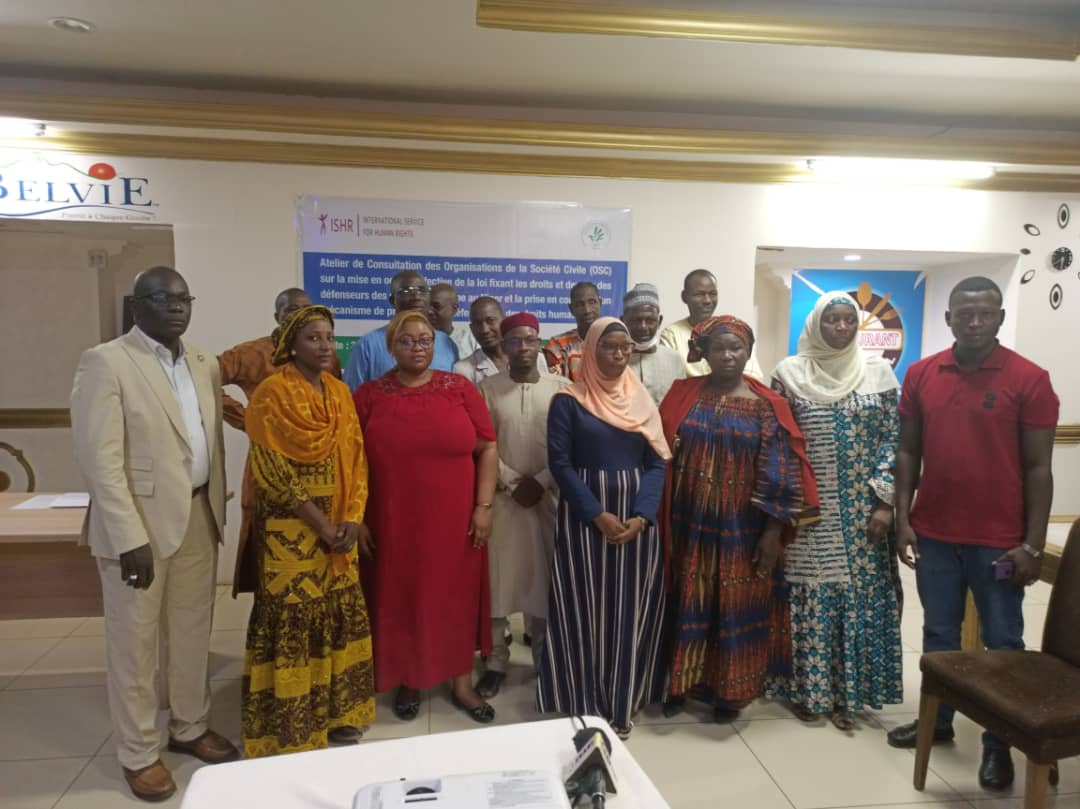In a blatant act of reprisal and intimidation, the HRCM was prosecuted in 2015 by the Supreme Court following a submission made by the HRCM on human rights in the Maldives to the UN’s Universal Periodic Review (UPR). The report focused on prominent human rights issues faced by the Maldives, including access to justice and the independence of the judiciary. In particular, the report criticised the Supreme Court of the Maldives’ growing powers, suggesting that the Supreme Court controls the judicial system and has weakened judicial powers vested in other superior and lower courts. The Supreme Court ruled that the HRCM’s UPR submission was unlawful, biased and undermined judicial independence, and ordered the HRCM to follow a set of guidelines designed to restrict the HRCM’s work and its ability to communicate with the UN.
Assisted by ISHR, Ahmed Tholal and Jeehan Mahmood, former Commissioners of the HRCM, filed a communication with the UN’s Human Rights Committee to highlight the Maldives’ failure to ensure their right to share information freely with the UN without reprisal, in what was the first case filed with the UN on behalf of former members of a national human rights institution.
The case has wide-ranging implications, as a number of countries seek to criminalise or prosecute people to prevent them from exposing human rights violations at the UN. The Committee observed in particular that ‘independent national human rights institutions, in order to fulfill their duty to promote and protect human rights, must have the freedom to responsibly comment in good faith on the compliance of governments with human rights principles and obligations.’ The Committee further noted the context and forum in which the criticism was made, i.e., in a written report submitted to the UPR, whose goal is to improve the human rights situation in every country through a constructive process that includes the submission of reports by States, national human rights institutions, civil society organizations, and other relevant stakeholders.
‘The Committee’s decision firmly preserves in law and practice the right of national human rights institutions (NHRIs) to freely communicate with international human rights mechanisms, said Madeleine Sinclair, of the International Service for Human Rights (ISHR).
‘If NHRIs are not able to communicate freely with the UN, their ability to carry out their mandates are severely undermined. This case isn’t just about the HRCM of 2010. Rather it’s about the far-reaching implications such reprisals can have on the independence and integrity of NHRIs everywhere,’ said Jeehan Mahmood.
‘The decision of the Supreme Court to restrict the activities and independence of the HRCM were incompatible with the right of safe and unhindered communication with UN bodies, and the prohibition against reprisals for exercising that right. We consider it a very positive development to have the Human Rights Committee recognize that such a decision by an arm of government is a clear breach of freedom of expression under international law,’ said Sinclair.
‘This decision by the Committee reaffirms my faith in international human rights mechanisms. Reprisals against human rights institutions for doing their work can have a chilling effect on all other oversight institutions and undermine the rule of law. This verdict sets a precedent in ensuring the sanctity of the very framework that NHRIs exists’ said Ahmed Tholal.
Background to the case can be found here.
A copy of the Communication can be found here.
For further details or media comment, please contact:
Madeleine Sinclair, New York Co-Director and Legal Counsel, ISHR, [email protected], +1-917-544-6148
Ahmed Tholal, Former Commissioner, Human Rights Commission of the Maldives, [email protected] +960-796-7600
Photo: Law/Flickr




